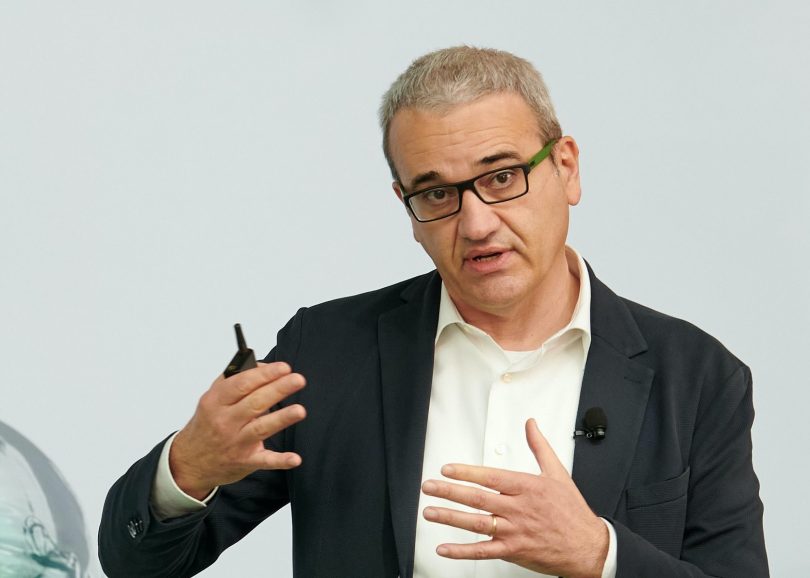Nicola Armaroli is a Research Director at the National Research Council (CNR) in Bologna and a member of the Italian National Academy of Sciences. His work focuses on molecules and materials for solar energy conversion, as well as the broader energy transition toward more sustainable technologies and models, particularly in the context of resource scarcity and climate change. He has authored over 250 scientific articles and 12 books, and serves as an advisor on energy and resource issues for international institutions and private companies. He has delivered dozens of invited lectures around the world and has received multiple scientific awards. Prof. Armaroli is also deeply committed to public engagement, emphasizing that science and technology alone are not sufficient to ensure a sustainable future.
Lecture: The decarbonization of the transportation system
The escalating climate crisis demands urgent action to phase out fossil fuels. Achieving a radical energy transition within the next 30 years presents a significant technical, economic, and societal challenge—one made even more difficult by persistent resistance to change. Why is decarbonizing transport such a crucial part of this transition? What are the viable alternatives to the internal combustion engine? Why are battery electric vehicles currently the most promising solution for the light-duty sector? Does the availability of critical minerals pose a constraint on battery production? From a life-cycle perspective, how does the environmental impact of a combustion engine vehicle compare to that of an electric one? Is hydrogen a realistic alternative for propulsion? What role can biofuels play? And how will heavier modes of transport—such as trucks, ships, and aircraft—be decarbonized? This lecture will explore the technical evidence behind these questions and more, offering science-based insights and encouraging discussion with the audience.

